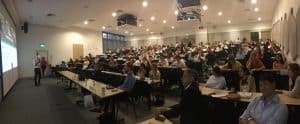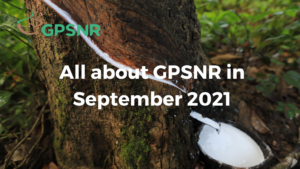Before the second General Assembly on 23 September 2020, the GPSNR Executive Committee had approved the creation of a Shared Responsibility Working Group that would be tasked to define the principles of shared responsibility for GPSNR.
The term ‘shared responsibility’ is relatively new to the sustainability scene, and as such, there is currently no commonly accepted definition for it. In general, shared responsibility is a value-driven concept which recognizes that supply chains are structurally imbalanced in terms of value and benefit, risk, burden of compliance, climate change impacts, power of negotiation, and access to information and resources. A shared responsibility approach strives for value, benefits, risks and improvement investments to be equitably distributed across all actors within the supply chain.
In order to establish the foundational work that would enable the creation of the Shared Responsibility Working Group, the Executive Committee formed a Task Force comprising several of its members. Over a series of weekly calls, the Task Force has developed a Terms of Reference (ToR) and a set of Guiding Principles to inform the work of the new Shared Responsibility Working Group.
It is envisioned that the Shared Responsibility Working Group will draw from the Guiding Principles for Shared Responsibility (currently being developed by the Executive Committee’s Shared Responsibility Task Force), as well as the GPSNR Equity Definition and the studies launched by the Equity Working Group, to develop an implementation framework for the platform with respect to shared responsibility.






